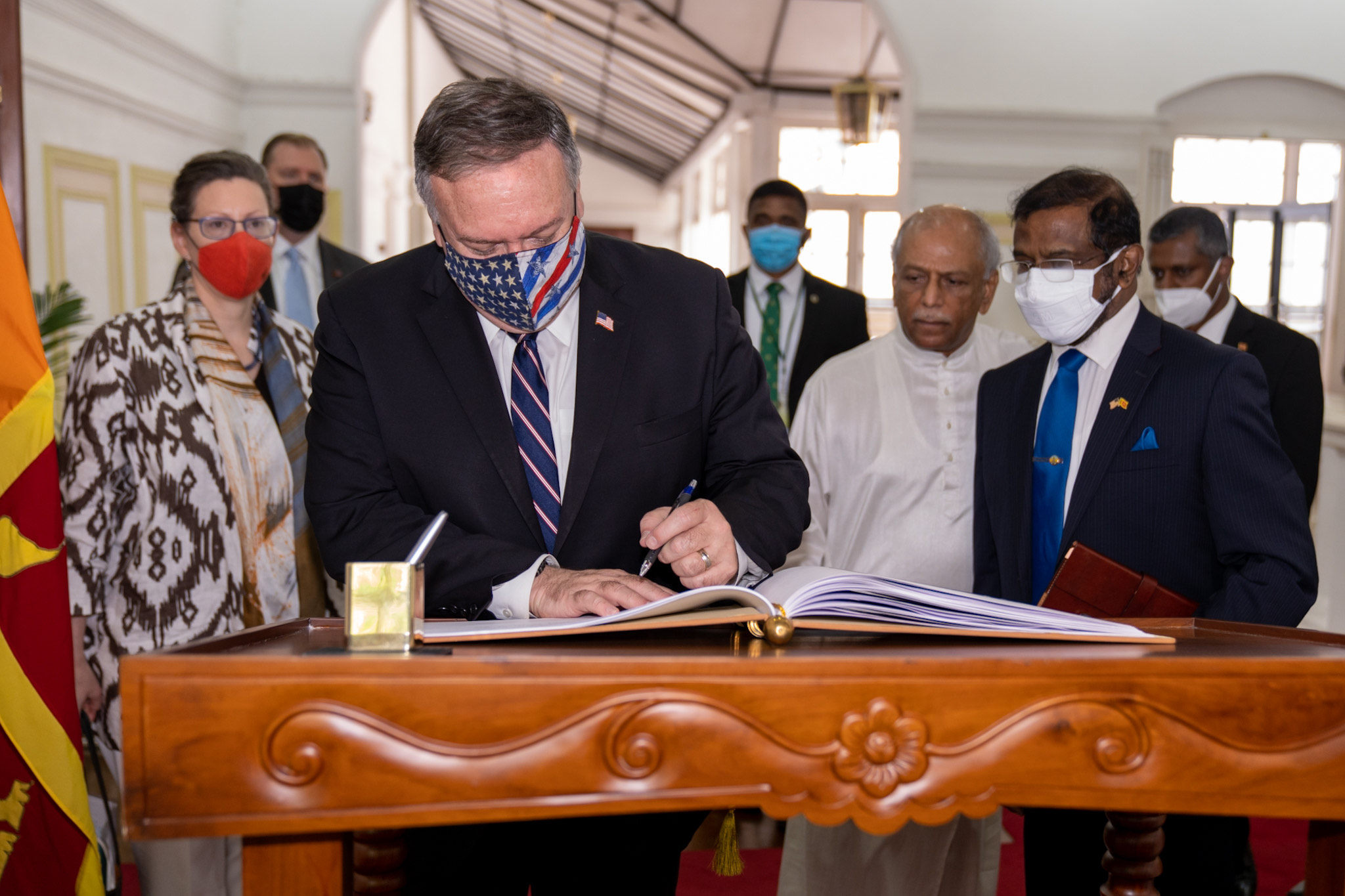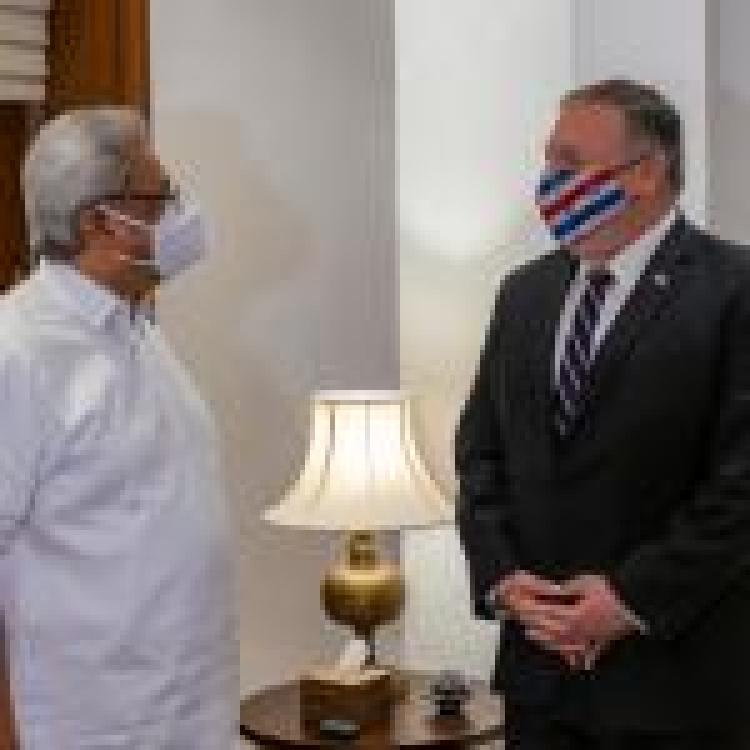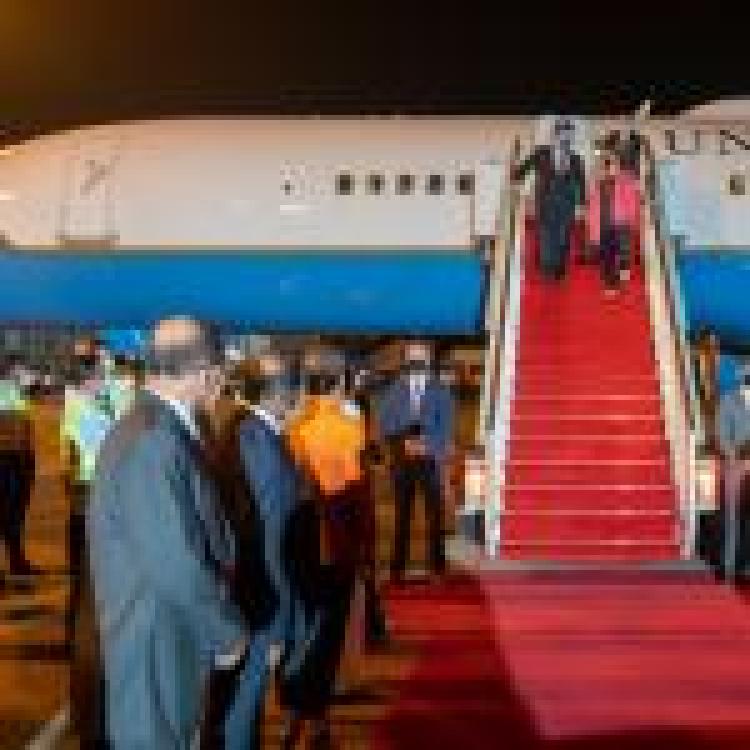
Sri Lanka's government bonds fell heavily on Wednesday after US Secretary of State, Mike Pompeo, met with Sri Lankan president Gotabaya Rajapaksa and scrutinised the island's economic links with China as well as Colombo's human rights record.
Pompeo, who was the highest-level US government official of cabinet rank to visit the island since 2015, stated that the Chinese Communist Party was operating as a “predator” in the country and had brought “bad deals” and “lawlessness” to the island. "We fully expect that Sri Lanka will fulfil its pledges to take meaningful concrete steps to fulfil accountability, justice and reconciliation,” he added.
Sri Lankan bonds have already lost 40% of their face value this year as worries that a coronavirus-induced shock will significantly weaken its already fragile economy, making it hard for the island to repay their debts, continued to ount.
On Wednesday Sri Lanka's 2022 dollar-denominated bonds shed nearly 5 cents, according to Tradeweb data. Meanwhile its 2025, 2026 2027 and 2028 bonds all dropped to the 55 cents on the dollar threshold.
“The reality with Sri Lanka is that it has very high debt levels and a very large deficit, but they are not in an IMF programme and nor is the government willing to do what it takes to make the debt sustainable,” said Kevin Daly at Aberdeen Standard Investments
“So the market is looking at the credit and thinking something has got to give,” Daly went on to say.
Regardless, the central bank has repeatedly vowed that the country will “honor all its debt service obligations” with Sri Lanka’s next major payment of $1billion to be repaid in July 2021.
Sri Lanka’s debt to China
China has been making increasing inroads into South Asia with its Belt and Road Initiative, aimed at financing critical infrastructure in dozens of countries across the world.
In 2017, Sri Lanka signed over control of Hambantota, a Chinese-financed port, and land around it to Beijing after incurring heavy losses and being unable to repay the cost of building the port. This scenario became known as a cautionary tale highlighting the issue of ‘debt-trap diplomacy’.
However, Gotabaya Rajapaksa has told a Chinese delegation, led by Yang Jiechi, China's top diplomat, "I want to prove that it is not the case and that this large-scale project will help improve the living standards of the people". In addition, Rajapaksa is continuing to build the Colombo Port City (CPC), a large-scale urban development project constructed and operated by China Harbour Engineering Company (CHEC). The project will be the largest single foreign direct investment of around US$1.5 billion
See more from Reuters here and the Asia Financial Times here.




